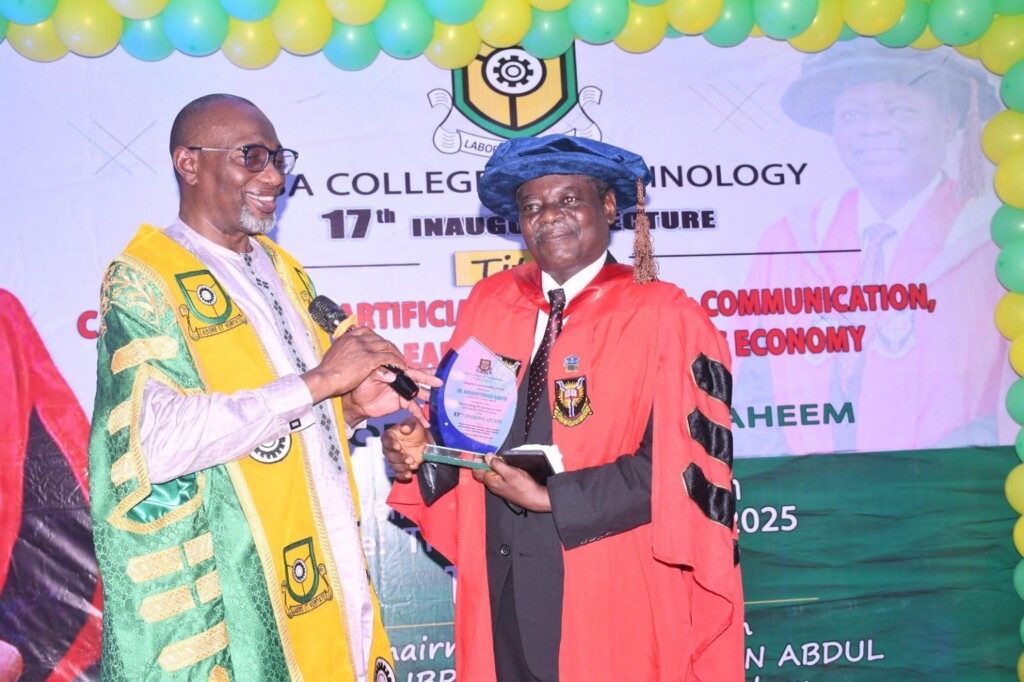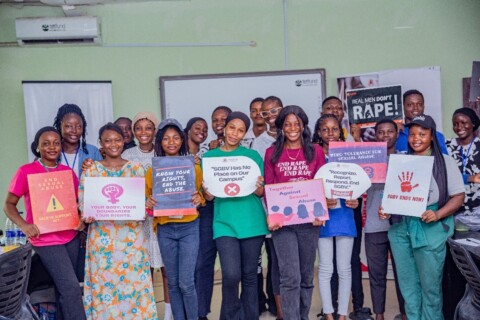A Chief Lecturer in the Department of Mass Communication at Yaba College of Technology (YABATECH), Dr. Omobayo Raheem, has urged the media to spotlight the transformative potential of artificial intelligence (AI) and push for more active government involvement in adopting the technology for national progress.
Speaking during the institution’s 17th inaugural lecture titled “Capacitance of Artificial Intelligence: Communication, Framing and Learning a Growing Economy,” Dr. Raheem described AI as a powerful tool capable of revolutionising communication and enhancing education when applied responsibly. He argued that with the right infrastructure and guidance, AI can stimulate creativity, foster critical thinking, and expand computational capacity without diminishing essential human skills.
Highlighting AI’s relevance in today’s world, he stressed that it is no longer a futuristic idea but a present force shaping industries, economies, and everyday life. He warned that Nigeria risks being left behind if it does not take urgent steps to overcome critical barriers such as poverty, poor infrastructure, corruption, and insecurity, which hinder the adoption of AI.
Dr. Raheem made it clear that his focus was not on the technical aspects of AI, like robotics or programming, but rather on the social and economic challenges preventing its meaningful integration into Nigerian society. He called on journalists and media professionals to adopt AI tools for content creation and purposeful story framing, adding that how stories are framed reflects a journalist’s credibility and intent.
He also cautioned against unchecked dependence on AI in education. While acknowledging its potential in research and writing, he warned that overuse could erode genuine learning, likening AI tools to calculators — useful for practice but not suitable for examinations.
According to him, AI has already made strides in sectors like finance, education, and communication. However, without proper integration, it may only widen the gap between Nigeria and more advanced nations. He concluded by encouraging stakeholders to see AI not as a threat, but as an opportunity to drive innovation and development.





